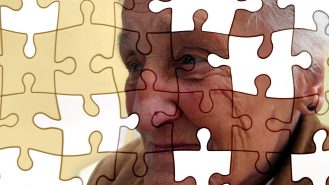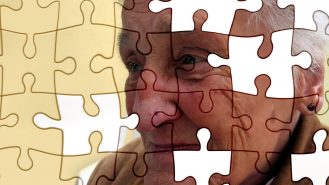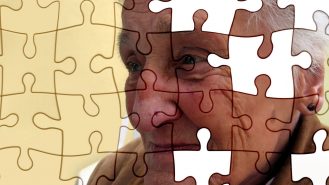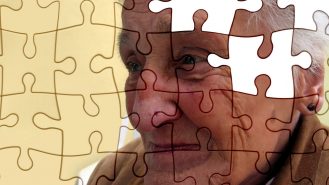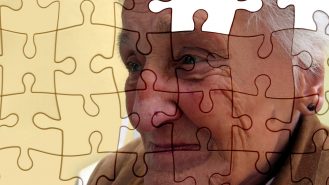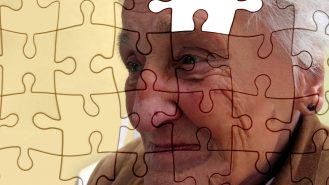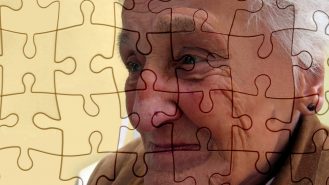Course organiser:Denise Burrow
Presenter:Frieda Looser
The peoples of Scandinavia: Norway, Sweden and Denmark, were mainly farmers, hunters and fishermen. However, from the eighth century some 10 per cent of the population embarked on voyages abroad as raiders, traders and colonisers, and gained a notorious reputation as Vikings. Whereas the Norse and Danish Vikings travelled westwards, raiding the coasts of Britain, Ireland, and the Frankish Empire, establishing trading networks, and founding colonies as far west as Greenland and Newfoundland, the seafarers of Sweden followed the river systems of eastern Europe as far as Constantinople and Baghdad, and known as the Rus’, from the cities of Novgorod and Kiev they founded the state of Russia.
3 Oct:
The Viking HomelandsThe series will begin with an overview of the Scandinavian lands and the geography and culture which gave rise to the Viking Age in Europe c. 790-1066.
10 Oct:
Norse VikingsThe expansion from Norway island-hopped from Shetland and Orkney, through the Hebrides, Mann and Ireland, and via the Faroes to Iceland and beyond.
17 Oct:
Danish VikingsNear neighbours to the rapidly expanding Christian empire of Frankish King Karl der Grosse (Charlemagne), the pagan Danes consolidated, constructed the defensive Dannevirke, and embarked on seaborne attacks against cities and coastal villages and monasteries around the North Sea.
24 Oct:
Swedish VikingsFacing eastwards across the Baltic Sea, Swedish Vikings took trading, raiding and colonising towards Lake Ladoga, and via the Rivers Dnieper and Volga to the Black Sea. Their cities of Novgorod and Kiev formed the heartland of Russia.
31 Oct:
Russia and The Viking LegacyThe final session will uncover the foundations of Russia and illustrate Russian pride in their Viking roots in Novgorod.
